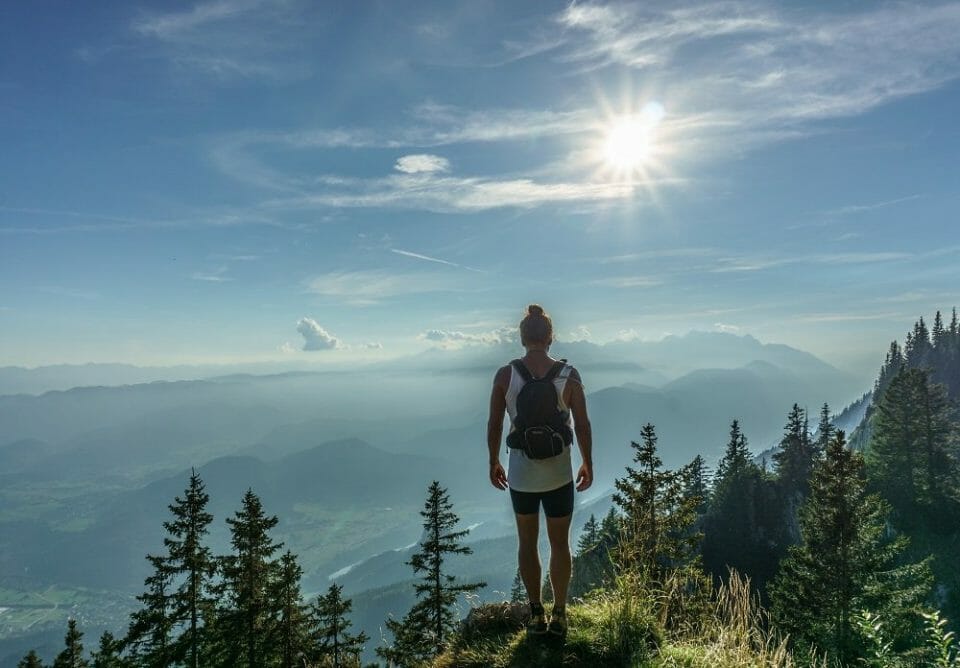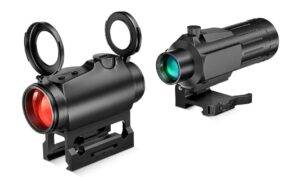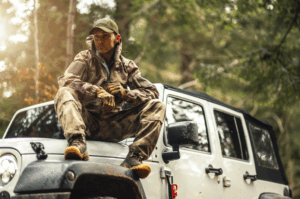
As an outdoor enthusiast, you know that the most important thing for enjoying the outdoors is the absence of four walls and a roof. No matter how much of a season outdoorsman you may be, you should always carry some equipment on your excursions, both to prepare for regular needs, and to be ready for the unexpected. Here are some essential gear that you should carry with you every time you venture into the great outdoors.
1. Waterproof Clothing
The best thing about the outdoors is that it is always changing. The worst thing about the outdoors is not being prepared for these changes. It is essential to always have rain gear available even if there is nearly zero chance of rain. Make sure that your rain gear is not too stifling; even in cold, driving rain, you will likely be exerting yourself doing whatever activity it is you do outdoors. Breathable materials like Gore-tex allow your sweat to evaporate, and allows your skin to “breath” without allowing outside moisture in.
2. Water
Being outdoors means sweating, and sweating means a risk of dehydration. Make sure to always bring plenty of water. In fact, you should always bring more water than you expect to need. If you are spending an extended amount of time in the outdoors, bring a water purification system with you so that you can safely drink from nearby streams. This will save you from having to haul bottled water all day.
3. Fuel
Your body is like a car engine: it needs food to fuel its activities. The type of food that you bring will depend entirely on your activity. If you are doing a day hike, bring a sandwich and some energy bars. It is also wise to pack extra food, in case of an emergency. When considering emergency rations, opt for something that doesn’t taste very good, so that it will in fact be available in the case of an emergency.
4. Flashlight
Even a day hike can go terribly wrong and wind up in an evening hike. Hiking in the dark is no fun, and it can be extremely dangerous. Make sure to bring a flashlight or headlamp, for example, The tl900 led headlamp. LEDS consume less battery power than conventional flashlight bulbs, meaning you will have battery power when you need it most. In the case of either LEDs or conventional bulbs, do not forget to check the batteries before venturing out.
5. Firepower
If you get stuck in the outdoors for longer than expected, it is very likely that you will need at least a small survival fire, if not a larger cooking fire. Food, warmth, and shelter are of extreme importance in both emergency and nonemergency situations. All forms of fire starters are lightweight and easily portable, so there is simply no excuse for not bringing one. A lighter, waterproof matches, or a flint stick are all excellent choices.
6. First Aid Kit
Should you get injured outdoors, it is essential to have a small first aid kit so that you can treat yourself until you can get to a sterile environment. Make sure to bring gauze, ibuprofen, bandaids, and some sort of alcohol wipes at the very least. If you are in an area where there are poisonous insects, antivenom is also wise to carry.
7. Sunscreen
Sunscreen is one of the most underrated supplies when it comes to spending time outdoors. If you do not apply sunscreen, you are exposing yourself to harmful, cancer causing UV rays. Sunburns can also be extremely painful and will limit your enjoyment of the outdoors.
If you remember to bring these items with you every time you venture into the great outdoors, you severely reduce your risk of falling victim to the ills that the great outdoors can (unfortunately) cause.







